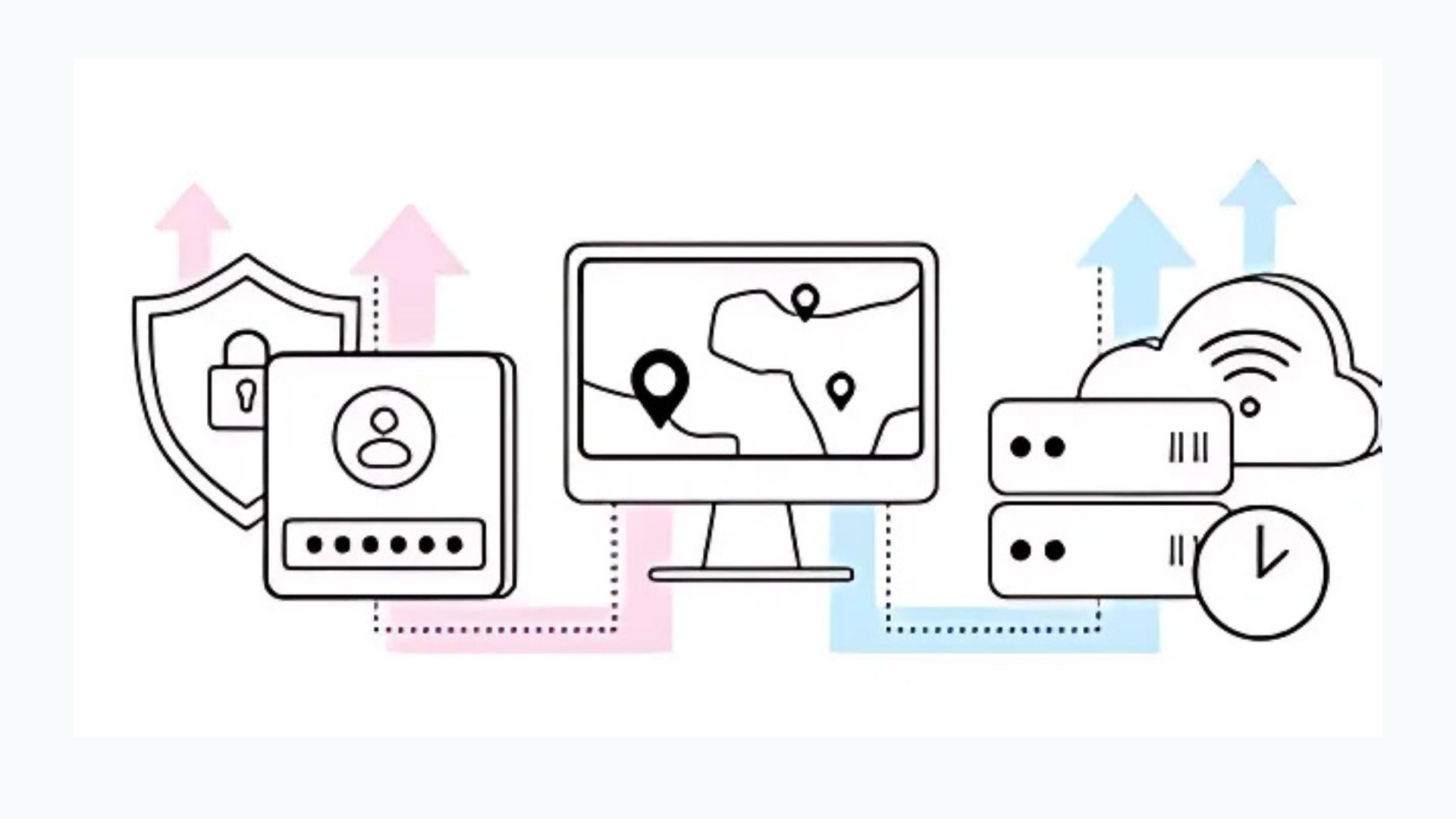What is a Proxy Server?
A proxy server is a device or software application that acts as a gateway between a user’s device and the internet. It serves as an intermediary for requests from clients seeking resources from other servers. When a user accesses a website, the request is sent to the proxy server first. The proxy server then makes the request to the internet on behalf of the user, fetches the data, and sends it back to the user’s device. This process hides the user’s real IP address, making it more challenging for third parties to track online activities.
The Role of Proxy Servers in Digital Privacy
One of the primary reasons individuals and organizations turn to proxy servers is for enhanced digital privacy protection. The internet is rife with tracking technologies such as cookies, beacons, and scripts designed to gather data about users’ online behaviors. These data points can be used for targeted advertising, data mining, and even identity theft. Proxy servers offer an effective way to counteract these invasions of privacy by masking users’ real IP addresses, which are often used to track online behavior.
1. Anonymity and Privacy Enhancement
A proxy server is an excellent tool for maintaining online anonymity. By routing traffic through a proxy, users can obscure their real IP address, which is a unique identifier that websites and services can use to track their actions. This is especially important for users who want to keep their browsing habits private from websites, advertisers, and even governments.
The anonymity provided by proxy servers is crucial for individuals who wish to protect sensitive personal information, such as banking details or browsing history, from unauthorized access. With the rise in cybercrime, anonymity ensures that criminals cannot trace your activities back to your real identity.
2. Protection from Online Tracking
Online tracking has become a widespread concern for internet users. Websites track visitors’ IP addresses to personalize content, create user profiles, and send targeted advertisements. While this can enhance user experience, it often comes at the cost of personal privacy.
Proxy servers prevent websites from collecting this information by hiding the user’s real IP address. This makes it more difficult for websites to track users’ online movements, ensuring that personal data remains private. With the use of a proxy, users can browse freely without being bombarded by ads or tracked across websites.
3. Securing Sensitive Data
When using public Wi-Fi networks, such as those in airports, coffee shops, or hotels, users become more vulnerable to hackers. These unsecured networks are easy targets for malicious actors seeking to steal personal information. Proxy servers help protect sensitive data by encrypting traffic between the user’s device and the server. This added layer of encryption prevents hackers from intercepting and stealing private data, such as login credentials, credit card numbers, or personal communications.
With the rise of cyberattacks targeting unsecured networks, securing online data has never been more critical. Proxy servers provide an essential line of defense, especially when conducting financial transactions or accessing sensitive information on public networks.
4. Bypassing Geolocation Restrictions
Proxy servers are also used to bypass geolocation restrictions. Many streaming services, websites, and online platforms restrict access to their content based on the user’s geographical location. With a proxy server, users can mask their IP address and appear to be browsing from a different location, thus bypassing these regional restrictions.
For example, someone in a country where a particular streaming service is unavailable can use a proxy server to access the content as if they were located in a country where the service is accessible. This ability to bypass geographic restrictions can greatly expand access to online content and services.
Types of Proxy Servers
There are several types of proxy servers, each serving different purposes for privacy protection. Let’s explore the most common ones:
1. HTTP Proxies
HTTP proxies are used primarily for web browsing. They route HTTP requests to web servers and return the requested web pages. These proxies are often used for general browsing purposes, where the main goal is to conceal the user’s IP address and protect online activities from being monitored.
2. HTTPS Proxies
HTTPS proxies are similar to HTTP proxies but offer an extra layer of security. They encrypt the traffic between the user’s device and the proxy server, making it harder for third parties to intercept and monitor data. HTTPS proxies are especially useful when dealing with sensitive activities, such as online banking, shopping, or logging into secure accounts.
3. SOCKS Proxies
SOCKS proxies are versatile and can handle a variety of internet traffic beyond just web browsing. They can be used for file transfers, email communication, and any other type of online activity. SOCKS proxies offer more flexibility than HTTP or HTTPS proxies, making them suitable for users who require additional privacy features beyond web browsing.
4. Transparent Proxies
Transparent proxies, as the name suggests, do not hide the user’s IP address. Instead, they are often used for caching purposes, content filtering, and improving network performance. While they do not offer the same level of privacy protection as other types of proxies, they can still provide some benefit by improving web browsing speed and preventing certain types of cyber threats.
Benefits of Using Proxy Servers for Privacy Protection
1. Protection Against Data Breaches
Data breaches have become an alarming concern for many internet users. Cybercriminals constantly seek new ways to gain unauthorized access to private data, often by exploiting vulnerabilities in networks and websites. Proxy servers add a layer of protection by hiding users’ real IP addresses and encrypting internet traffic. This makes it much harder for hackers to exploit vulnerabilities and access sensitive information.
2. Reduced Risk of Identity Theft
Identity theft is another growing concern in the digital age. Hackers can steal personal information, such as Social Security numbers, credit card details, and bank accounts, to commit fraud. Proxy servers reduce the risk of identity theft by obscuring the user’s real IP address and encrypting their internet traffic. This makes it much harder for criminals to trace online activities back to the user’s real identity.
3. Improved Online Security
Proxy servers not only enhance privacy but also improve overall online security. By routing traffic through a secure proxy server, users can protect themselves from common cyber threats such as malware, phishing, and man-in-the-middle attacks. Proxy servers provide a reliable means of maintaining security while navigating the web, especially on unsecured networks like public Wi-Fi.
Why Every User Should Consider Using a Proxy Server
In conclusion, the importance of proxy servers in digital privacy protection cannot be overstated. As cyber threats continue to evolve, proxy servers offer a critical layer of security, privacy, and anonymity. Whether you are an individual looking to safeguard your online activities, a business concerned about securing sensitive information, or someone who wishes to bypass geographical restrictions, proxy servers provide an effective solution. By masking your IP address and encrypting your data, proxies ensure that your online identity remains private and protected from prying eyes. With the increasing sophistication of cyber threats, using a proxy server has become a necessary step in safeguarding your digital life.

